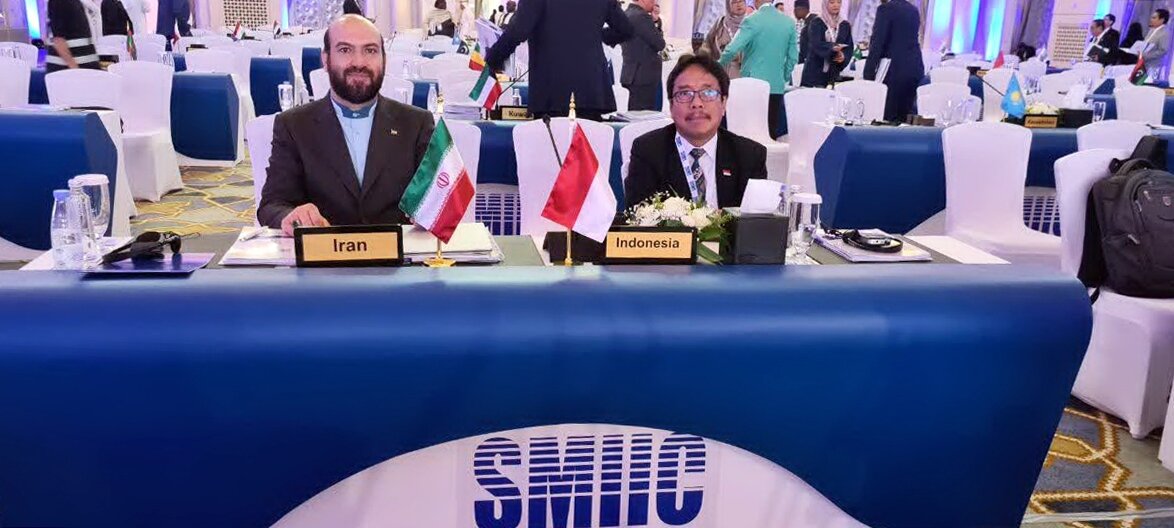Tukey: As ‘halal’ as New Zealand?
24-12-2007
By HACER BOYACIOÐLU
ANKARA, (Tukish Daily News):
At a time when McDonalds produces halal chicken nuggets and New
Zealand is the predominant supplier of red meat to Muslim countries,
Turkey cannot afford to be left out of the multi-billion dollar
industry, the agriculture minister said in an interview with business
daily Referans.
As part of the ongoing debate in Turkey about the introduction of
Halal food, food permissible according to Islamic law, and its possible
implications in society as a whole Mehdi Eker said the Agriculture
Ministry intended to take the necessary measures once the decision to
establish a Halal standard is reached.
“Halal food contains no substance banned by Islamic rules. Halal
food needs to be prepared, processed and stored in areas that have none
of these banned substances,” he said, noting that all meat in New
Zealand, one of the largest meat exporters, is produced according to
Halal regulations.
Substances banned in Islam include pork and pork products and alcohol.
Eker said a minister in New Zealand told him that the reason why
they abided by Islamic rules was because they exported to Islamic
countries.
He said the halal food issue, which has become very divisive in Turkey, is a commercial decision.
“New Zealand is a Christian country. It applies these rules and
exports to all the Islamic countries. The same is done by Israel. If
Turkey is to sell its foodstuff to Islamic countries and if the
customers want it, why shouldn’t it introduce a standard,” he said.
Added burden on producers:
Food producers in Turkey voice political and financial concerns
against implementing a halal standard. Turkish Food and Beverages
Associations Federation President Þemdi Kopuz said firms may use the
halal standard for products destined for export and could also use it
in the local market. “Then we will see halal food as opposed to haram
[forbidden by Islam] food. One needs to assess the dangers carefully,”
he said.
Milk and Meat Producers Union (SETBÝR) President Erdal Bahçývan
supported Kopuz, claiming the headscarf issue has been broadened to
include food. “Halal certificate is not an urgent need. Those who need
it get it from overseas anyway.”
A major meat producer Banvit’s General Manager Ömer Görener said
he was not against halal certificate but saw it as an added burden on
producers. “Those firms that want it can get something very similar
from the Religious Affairs Directorate that states that no pork or pork
derivative is used in the products. These products are marketed
overseas, including to Arab countries. A new certificate system will
mean added costs.”
Open to abuse:
While the Turkish Standards Institute (TSE) is preparing its own
halal standard, there are others that want to enter the halal
certificate market left empty in Turkey.
The TSE has been working on the standard for the last two years
and is expected to introduce it next year. Meanwhile, Etika Consulting
has become the Turkey representative of Australia-based Halal
Certification Authority and wants to start issuing certificates in the
first half of 2008.
The TSE’s President Kenan Malatyalý said the certificate issued by
the Religious Affairs Directorate was not as authoritative as a halal
certificate. He said they wanted to start issuing certificates early
next year. “Turkey is late in this matter. One reason is the
unpreparedness of all sides,” said Malatyalý.
Etika Consulting General Manager Orhan Erdemir said the halal
certificate was very important for firms trying to enter Muslim
markets. “We will issue such certificates only for foodstuff at first.
Annual inspections will be conducted by experts coming from Halal
Certification Authority Europe.”
Halal Standard
This standard is used mainly for food, but also for cosmetic and
cleaning products. It is in place in most countries with an Islamic
majority but also in China, Thailand, India, Europe, the United States
and South Korea. Experts believe the Halal product market is worth $150
billion and will grow to $500 billion by 2010. There are more than 50
halal standards in around 20 countries. The market for Halal
certificates alone is said to be worth $240 billion.



